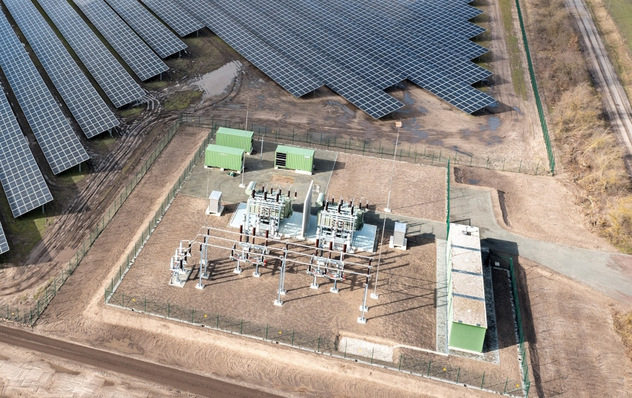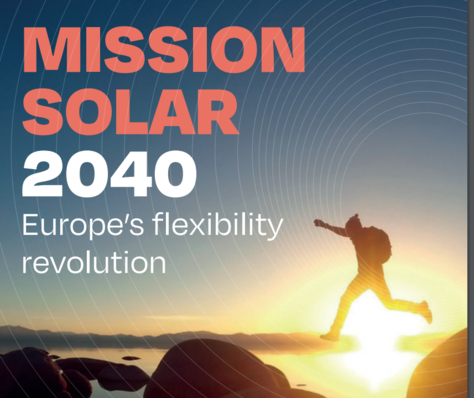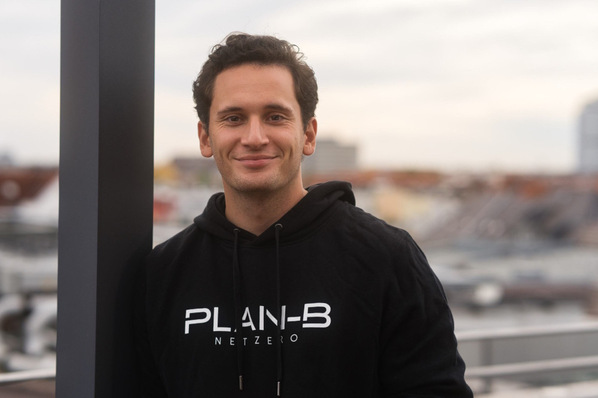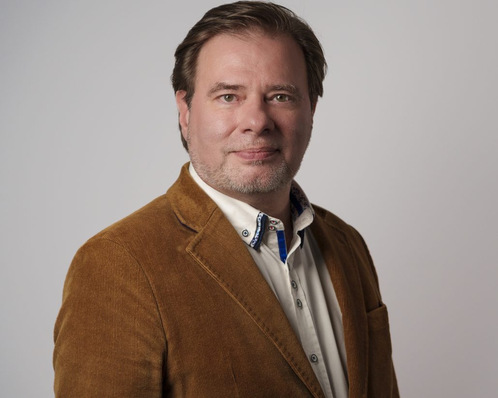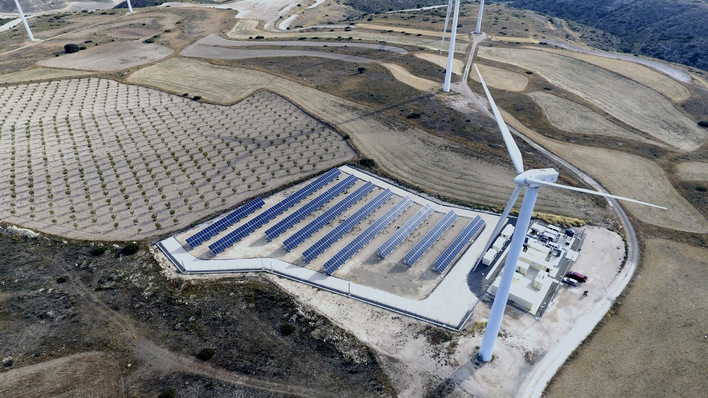The mobile solar kiosk (MSK) is a compact, mobile station that uses solar energy to charge mobile phones, while also functioning as an Internet hotspot. Tech-Solute (Germany) is providing technical development aid by its redesign. The task facing the tech-solute engineers was to optimise the MSK so that it can be developed as a digital “Business in a Box”, making it more efficient and suitable to be produced at reasonable cost – possibly even in Africa. The result that has emerged is a completely new design. Four prototypes have already been delivered to Africa for practical testing.
Charge 100 mobile phones daily
The system consists of a single-axis bicycle trailer framework and a robust, lockable metal housing. This contains the “charging wall”, with room for up to 20 mobile phones and tablets to be charged at the same time. It also contains lockable storage compartments, a small printer for the vouchers, and trays for the sale of auxiliary materials like cables and batteries.
Lighter batteries with more capacity
Three flexible solar panels, connected in parallel, supply 60 W with an open-circuit voltage of 21 V – enough to charge up to 100 mobile phones per day and also supply the electronics of the MSK. Thus every kiosk produces 135 kWh per year, saving 150 kg of CO2 compared to diesel generators. A charging control supplies the four NiMH batteries in the base of the Kiosk. The energy storage batteries are very suitable for the extreme operating conditions in Africa, but in a further redesign phase they will be replaced by LiFeYPO4 batteries, which have a capacity three times as large and weigh considerably less.
Withstand heat, dust and heavy rainfall
For Internet reception, saving of contents and to provide WLAN for the customers, Tech-Solute developed its own mainboard. It is housed in a separate IP67 plastic casing together with three extension boards. Tech-Solute’s Managing Director Dr. Dirk Schweinberger says: “The boundary conditions were really quite special. The MSK has to be able to withstand heat and dust, but also heavy rainfall and up to 80 percent humidity. It needs to be robust, not sensitive to wrong operation, and should not be easy to manipulate.”
Serially-produced version with plastic housing
The framework is constructed from hollow aluminium profiles joined by expansion joints which also act as cable ducts. The housing is made from corrosion-resistant steel with tightly welded edges and sealed flaps. In the serially-produced version this is to be replaced by a plastic housing. Protection from vandalism is provided by screws that can only be opened using a special tool.
Goal to operate 5,000 systems by 2020
The aim is to perform the final assembly and maintenance of the devices in Rwanda. Numerous easily accessible measuring points on the circuit boards facilitate fault tracing. All connections are realised so as to be connectable using standard cable assemblies. “The frame and the housing could easily be produced in Africa, whereas the batteries, solar cells, electronics and cable harnesses will still have to be imported from Europe or China”, explains Benjamin Kühlmann, leader of the Kiosk project. To begin with, 500 kiosks are planned in Rwanda. By 2020 the scheme envisages operating up to 5000 of the practical bicycle trailers in neighbouring countries.
Provide internet hotspots and data storage in rural areas
The mobile solar kiosk is the joint Africa project of GreenTec Capital and Tech-Solute from Karlsruhe in cooperation with the Rwandan “African Renewable Energy Distributor” (ARED). The reason behind it: Although more than 80 percent of people in Rwanda own a mobile phone or smartphone, many have neither a recharging possibility nor affordable Internet access. In addition to its charging function, the MSK offers access to the Internet. Internet use is geared to small data volumes, opening up information and education opportunities for the less well-off. In addition data are stored locally in the kiosk. These are accessible without Internet and may include educationally-relevant themes and news, or just entertainment.

Micro-franchising concept
In the form of a micro-franchising concept, the project is an attractive business opportunity and can also help to prevent youth unemployment. Interested people have the possibility of becoming businessmen (or women) on their own account within a manageable framework and can thus easily be breadwinners for their families. Interested people receive training and start-up support. For women and handicapped people there are no franchising charges initially.
Fostering business development of African start-ups
Gerd Müller, Federal Minister for Economic Cooperation and Development, praised the project of GreenTec Capital for its innovative approach of investing in African start-ups like ARED and at the same time bringing its expertise into the business development of the young companies: “We support the engagement of German enterprises in Africa’s future markets – especially when this makes sense in ecological and social as well as economic terms. Here GreenTec Capital, together with its German technology partners and its African start-ups, is doing pioneering work.” (HCN)
Read more about energy storage
Stay informed, get our free newsletter twice a week, register here
More useful information:



